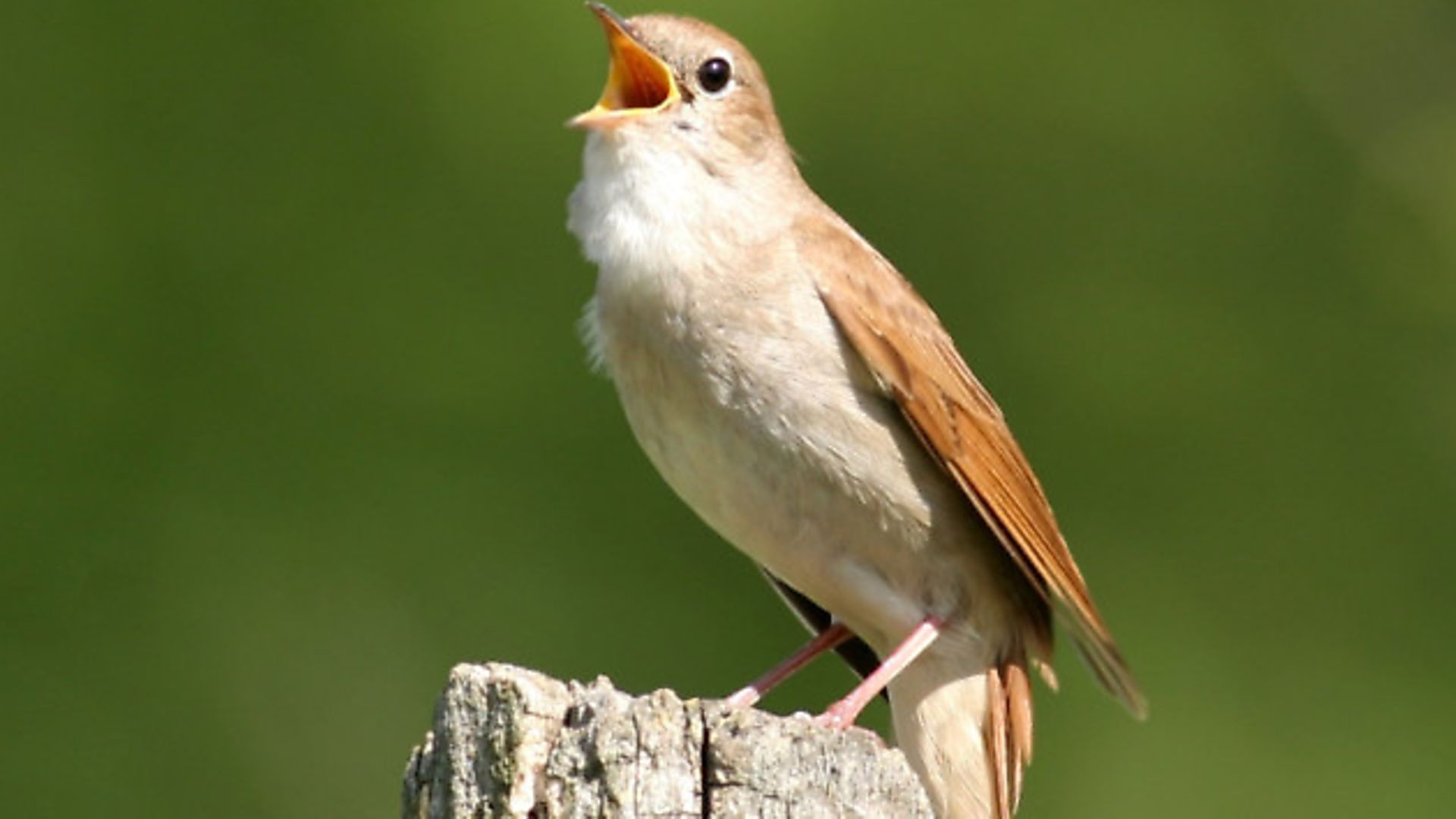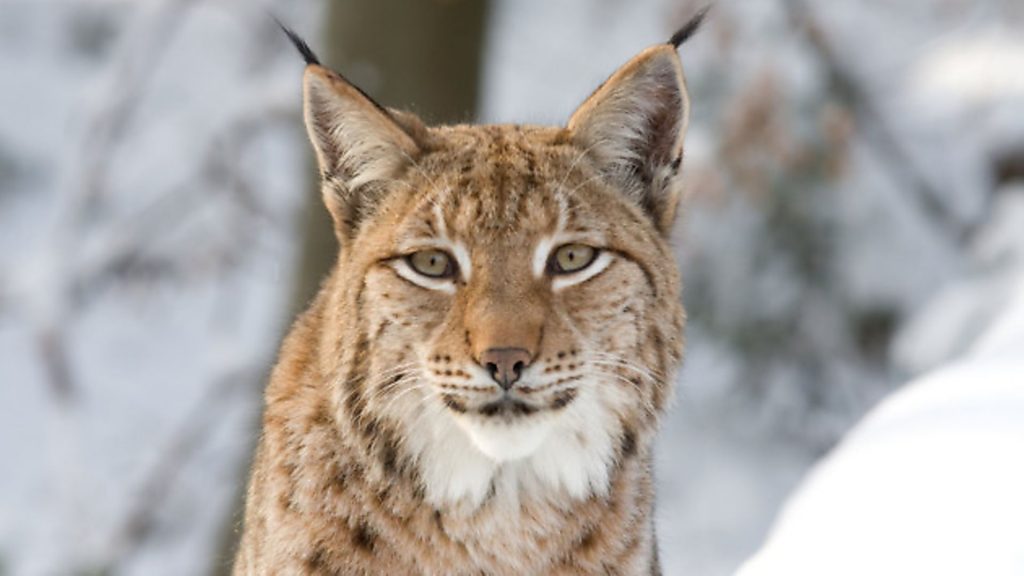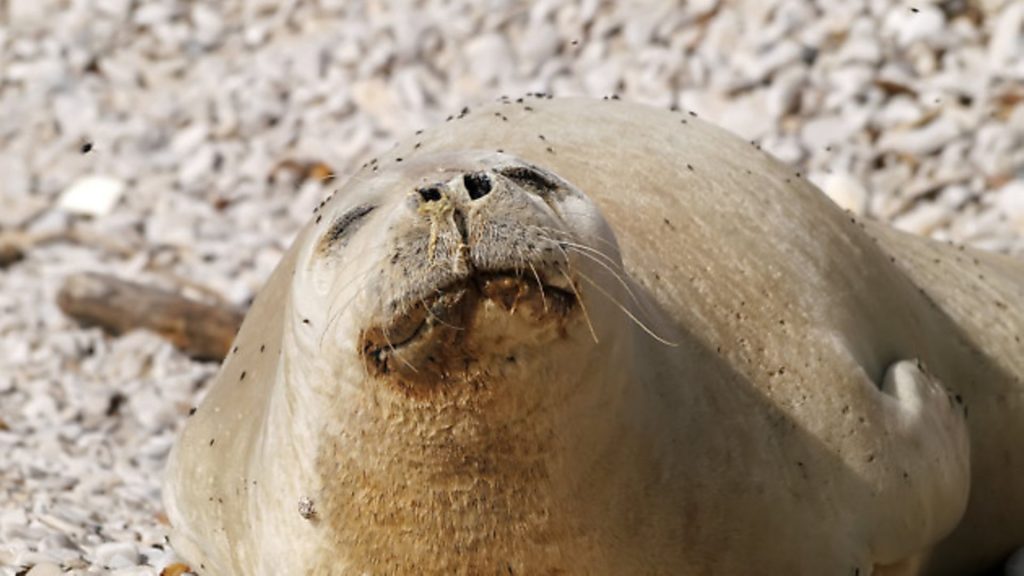
The sinister implications of Brexit for wildlife have rather gone under the radar thus far. But it is likely that we will all see the impact soon enough

Amid the tumult of the referendum, and its frenzied aftermath, Brexit’s likely impact on the environment have been somewhat overlooked. For those of us involved in conservation, it has been a time of shock and despair, from which we are just emerging. But the ghastly reality of the likelihood of environmental damage, with a few potential opportunities too, still casts a pall over the environmental movement.
It has to be said that the nature conservation movement, dominated as it is by large charities such as the Royal Society for the Protection of Birds, the Wildlife Trusts and the Worldwide Fund for Nature was somewhat hamstrung by charity law in intervening in such a political issue, and so the message of trouble ahead was not strongly conveyed to the millions who are members of such organisations.
However, given the nature of the Brexit debate, it seems a little unlikely that a thorough discussion of the role of the Habitats and Species Directive – or Council Directive 92/43/EEC, to its friends – in British life was really on the cards.
The EU wildlife legislation stemmed from two main streams of thought. The first was linked to the idea of a single market, and creating a level environmental playing field. If goods and labour could move freely in a single market, then the legislation about pollution, building development and species and habitat protection should also be similar throughout, otherwise member states could gain a competitive advantage through lower environmental standards.

At the same time, in the 1970s, there was a wave of environmentalism growing across the world and the EU (EEC at the time) was a part of that. Soon after the UK’s accession came the adoption of the Birds Directive in 1979. Birds were an obvious place to start because they are well-studied and well-loved.
The blackbird song that you might hear in London would have been a sound you could have heard in any of the other eight EU capitals of the time (and can hear in any of the 28 nowadays).
And when the days lengthen, spring is heralded by swallows, cuckoos and nightingales right across the EU. Sophocles wrote of the nightingale’s song 2000 years before John Keats did, and at the other end of the European continent.
Birds are a common European experience. And moreover, birds move around on migrations that link countries together.
The common cranes that nest in Finland spend their winters in Spain, and the flocks of murmurating starlings in Britain in winter will probably have their participants from most EU countries to our north and east.
And it’s tempting to point out that the perfect coordination of multinational flocks of birds, as they wheel in perfect harmony in the sky, has been in contrast to the painful way in which politicians have adopted European unity.
The Birds Directive was followed, in 1992, by the Habitats and Species Directive, largely written by English civil servant and politician Stanley Johnson (yes, the sire of our current Foreign Secretary), and both Directives not only protected all species a bit, and some rare and threatened species a lot, but also the most important sites for nature, according to common guidelines and criteria across the EU.
These two directives brought into being the largest network of protected (partly protected to be fair) wildlife sites in the world, which encompasses 18% of the EU land area and 6% of the EU marine area.
I was in the sixth form when the first European referendum took place and was just too young to vote, but my whole working life in nature conservation has been within the framework – an imperfect but very welcome framework – of a network of sites and common protection of wildlife across the continent.
It’s been the background to my working life and that of practically every nature conservationist in the UK and increasingly, as more states have joined the EU, across Europe. I have sat in Brussels next to Spanish and Greek conservationists and argued for better protection for nature in a common language (which had to be English) and with a common understanding of the obligations of our member states and the common framework provided by EU legislation. And when we all returned to our own countries we could remind our politicians that the EU required certain things of all member states.
Brexit changes all this – not immediately, but fundamentally. In theory, the UK’s devolved administrations could each go much further than the EU, in its bureaucratic and consensual way, has ever done.
We could see a Golden Age of nature conservation, as we are unshackled from the other 27 states. But nobody, just nobody, believes that will be the case. I fear that the dismantling of wildlife protection will be inevitable under an onslaught from housing developers, grouse shooters, port owners, farmers, fishermen and scores of other interest groups that will argue, that in an age of austerity, with hard trading times ahead outside of the single market, that it is time to cut the environmental protection (which will be described as red tape and gold-plated legislation).
Post-Brexit we will have the freedom to be good or bad – I fear that the England will regain the dirty man of Europe title once held by the UK as a whole, pretty quickly under the current administration, but the harm may spread a little less quickly in Scotland, Northern Ireland and Wales.
Maybe it won’t be so bad, but if you have any shares in great-crested newts, hen harriers or ancient woodlands, then their value is on the slide on the futures markets.
That’s why conservationists are all still gloomy and shocked, but there are some potential opportunities. Some EU legislation has been bad.
Take for example the Biofuels Directive which requires a portion of motor fuels to be from biofuels (plant-based) rather than fossil fuel origin. It sounds good, it is well-meaning, but it has incentivised rainforest destruction to grow palm oil and soya in the tropics.
We could remove that requirement as soon as we Brexit. That’s one example, but the major opportunity is in agricultural reform, once out of the Common Agricultural Policy.
The £3bn per annum spent on agricultural support in the UK is poorly and unfairly spent. Three quarters of it is simply income support to farmers, much of it to the largest and wealthiest of farmers, and the rest goes into badly-designed and weak environmental schemes.
Over four decades, the CAP has been greened a little, but progress has been slow and would remain slow because negotiation on CAP has always proceeded at glacial pace. We could, again, do much better outside the EU. But, again, will we? We need a public debate on why the taxpayer gives so much money to the farming industry and what we should expect in return.
Wildlife, carbon storage, clean water and beautiful landscapes should be what we expect for our money. The mantra is ‘public money for public goods’ and now we have the chance to deliver it quite quickly.
We live in interesting times, but not environmentally progressive ones. With Brexit we could see an upside, but most environmentalists foresee a much bigger downside which will undo much of the environmental legislation of our lifetimes.
Dr Mark Avery is an author, blogger and environmental campaigner and is a former conservation director of the RSPB









